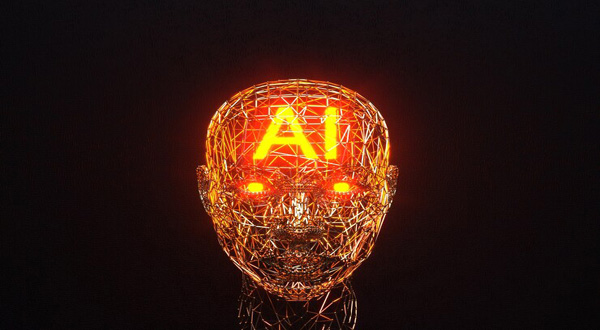Unveiling the World of AI: A Guide for Everyon
- Update Time : Friday, March 1, 2024
- 15 Time View

Introduction
Unveiling the World of AI: A Guide for Everyone: Welcome to the world of Artificial Intelligence (AI)! Have you ever wondered what AI really is and how it impacts our lives? Join me on this journey as we delve into the fascinating realm of AI, exploring its definition, applications, and implications for society.
Table of Contents
| Sr | Headings |
|—–|——————-|
| 1 | What is AI? |
| 2 | History of AI |
| 3 | Types of AI |
| 4 | Applications of AI|
| 5 | AI in Everyday Life |
| 6 | Benefits of AI |
| 7 | Challenges of AI |
| 8 | Ethical Considerations |
| 9 | Future of AI |
| 10 | Conclusion |
What is AI?
Artificial Intelligence, commonly referred to as AI, is the simulation of human intelligence processes by machines, especially computer systems. In simpler terms, AI allows machines to learn from experience, adjust to new inputs, and perform tasks typically requiring human intelligence.
History of AI
AI isn’t a new concept. It traces back to ancient civilizations’ mythologies, where humans imagined creating artificial beings with intelligence. However, the modern era of AI began in the 1950s with the development of electronic computers, leading to the birth of AI as a field of study.
Types of AI
There are two main types of AI: Narrow AI (Weak AI) and General AI (Strong AI). Narrow AI is designed for a specific task, like playing chess or driving a car. On the other hand, General AI exhibits human-like intelligence and can perform any intellectual task that a human can.
Applications of AI
The applications of AI are vast and diverse, ranging from virtual assistants like Siri and Alexa to advanced medical diagnostics and autonomous vehicles. AI is revolutionizing industries such as healthcare, finance, transportation, and entertainment, making processes more efficient and effective.
AI in Everyday Life
Have you ever interacted with a chatbot online or used facial recognition to unlock your phone? These are just a few examples of AI in our everyday lives. AI algorithms power recommendation systems on streaming platforms, personalized advertisements on social media, and even assist in language translation.
Benefits of AI
The benefits of AI are numerous. It enhances productivity by automating repetitive tasks, improves decision-making through data analysis, and enables innovation by augmenting human capabilities. AI also has the potential to solve complex problems in areas like healthcare, climate change, and education.
Read More: Unraveling the Wonders of Artificial Intelligence
Challenges of AI
Despite its potential, AI presents several challenges. Concerns about job displacement due to automation, biases in AI algorithms, and the ethical implications of autonomous weapons are just a few examples. Moreover, ensuring AI systems are secure, transparent, and accountable remains a significant challenge.
Ethical Considerations
As AI becomes more pervasive in our lives, ethical considerations become increasingly important. Issues such as data privacy, algorithmic bias, and the impact of AI on society must be addressed. Ethical AI development involves ensuring fairness, transparency, and accountability throughout the AI lifecycle.
Future of AI
The future of AI is both exciting and uncertain. As technology advances, we can expect AI to become more integrated into our daily lives, driving further innovation and progress. However, ethical and societal concerns must be carefully navigated to ensure that AI benefits humanity as a whole.
Conclusion
In conclusion, AI is a powerful tool that has the potential to transform our world. From improving healthcare and transportation to enhancing entertainment and communication, AI is reshaping the way we live and work. However, as we embrace the opportunities that AI offers, we must also address its challenges and ensure that it is developed and used responsibly.
Read More: How Does AI Work: A Beginner’s Guide
Frequently Asked Questions (FAQs)
1. What are the main types of AI?
The main types of AI are Narrow AI (Weak AI) and General AI (Strong AI). Narrow AI is designed for specific tasks, while General AI exhibits human-like intelligence.
2. How is AI used in everyday life?
AI is used in everyday life in various ways, such as virtual assistants, recommendation systems, facial recognition, and language translation.
3. What are the benefits of AI?
AI enhances productivity, improves decision-making, enables innovation, and has the potential to solve complex problems in areas like healthcare and climate change.
4. What are the challenges of AI?
Challenges of AI include job displacement, biases in algorithms, ethical implications, data privacy concerns, and ensuring security and accountability.
5. What is the future of AI?
The future of AI is expected to bring further integration into daily life, driving innovation and progress. However, ethical and societal concerns must be carefully addressed to ensure responsible development and use of AI.












